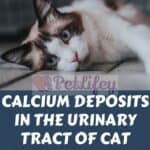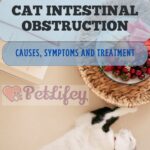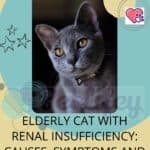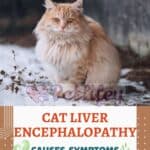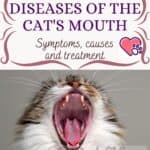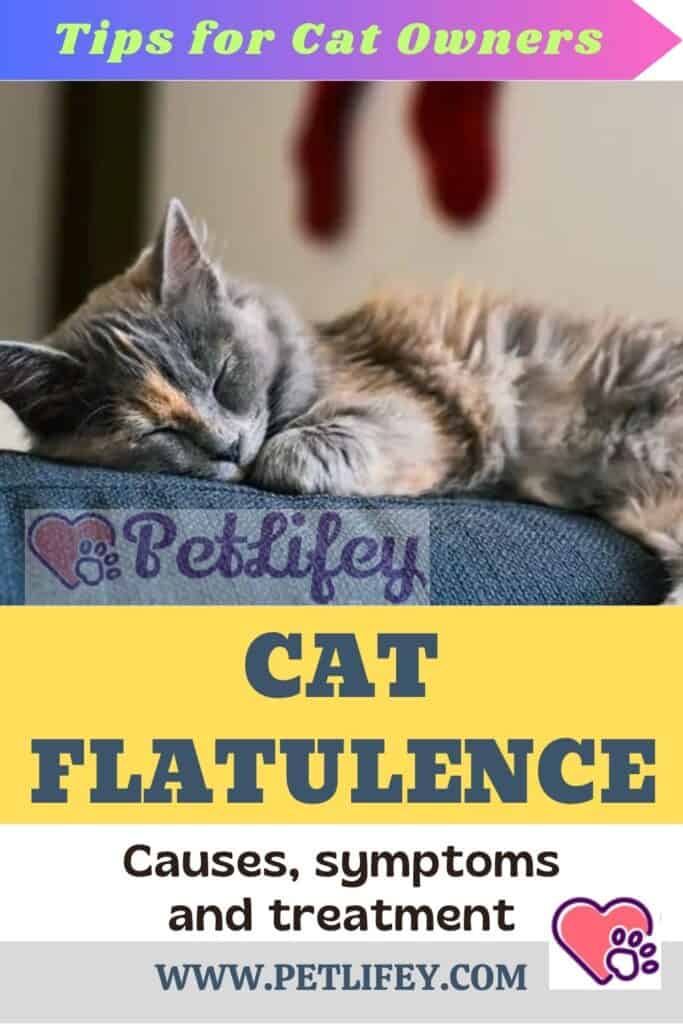
Your cat gasses through his mouth or anus – he may have flatulence or stomach pain. These gastrointestinal gases cause bloating and there can be multiple reasons. Let’s find out the causes, symptoms, how to cure and even better how to prevent cat flatulence.
If your cat occasionally has flatulence, then this isn’t a problem. On the other hand, if flatulence becomes frequent and / or is associated with other symptoms (abdominal pain, diarrhea …), it becomes essential to investigate, to find out the causes of these. We therefore recommend that you learn more about the possible causes and the procedure to follow in case of flatulence.
Gas production in the gut is part of the normal food digestion process, but there are some foods and diseases that will lead to excessive gas production. What are the causes of these flatulence? How are they treated?
What are the causes of flatulence in cats?
Of course, your cat won’t tell you if he has an upset stomach. On the other hand, you can suspect it by observing some signs. For example, your cat no longer moves as before : he stays on the sofa and doesn’t want to play. Or he gets aggressive.
These elements are indicators of suffering. But if you find that your cat is releasing gas, both through the anus and the mouth, then you will know right away that these are intestinal gas, which is a symptom of bloating. Knowing this, you will need to investigate the causes of these flatulence and finally consult a veterinarian.
Causes of cat flatulence
Flatulence in cats can have multiple causes, here are some examples of flatulence in cats:
- Digestive parasites: worms can be of two types, roundworms and tapeworms in cats (tapeworms). They can be responsible for digestive disorders including flatulence, diarrhea, etc. Regular deworming of the cat is important.
- Enteritis (inflammation of the digestive tract) which can be infectious, inflammatory
- A consumption of poorly digestible food (foods containing peas for example, dairy products…).
- Ingestion of too much food.
- A food intolerance or allergy
- Slowing of transit: constipation, cat obesity, sedentary lifestyle, cat old age, cat intestinal obstruction
How to treat flatulence in cats
In cats, flatulence is easy to treat. Treatment can be food or medical. For food treatment, you will need to review your cat’s diet and divide it all into small meals and possibly cut back if your cat is overweight.
If you need to change your diet, avoid doing it abruptly perhaps with a transition period. If you give him the food you prepare, cook his rice well, give him good quality meat and vegetables to promote its transit. Make sure he gets physical – if you have a garden, let him out.
Otherwise, try playing with him and awaken his hunting instincts. Physical activity favors transit. If, despite this, flatulence continues, it may be a disease of the cat’s digestive system. In this case, we will have to opt for medical treatment. So let’s go to the vet.
Prevent flatulence
But rather than cure flatulence, it’s better to prevent it. If, from the beginning, since you get your furry puppy, you feed him with a proper diet and a meal divided into several small rations of food per day, add a good dose of cat exercise, you greatly reduce the risk of the cat. your four-legged friend, has problems with flatulence.
Furthermore, a correct diet for all animals and humans is the best remedy for most diseases. This will prevent your cat from many other problems, related to other diseases, including obesity, as well as swelling in the future.
How to understand digestive tract diseases in cats?
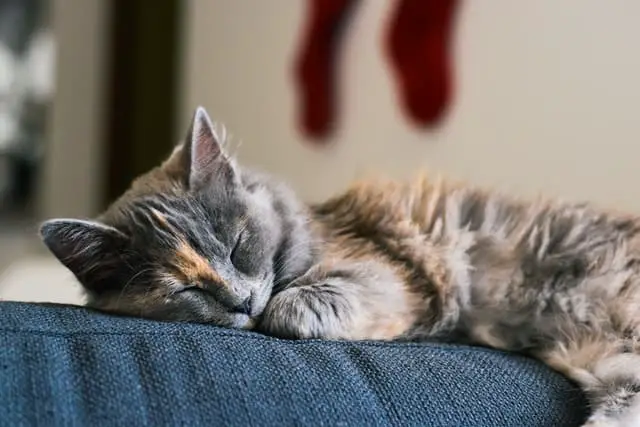
In the event that flatulence comes from a disease of the digestive system, know that some of these diseases are difficult to diagnose. However, some signs may warn you. In case of liver failure, the cat has diarrhea, loses weight, drinks more and starts vomiting, it could be IBD (Chronic intestinal inflammation).
If you notice these different symptoms, consult your veterinarian as soon as possible who will prescribe a food and drug treatment for your cat, which includes a special highly digestible food and suitable medications. In addition, you may want to investigate with further tests such as: a blood test, abdominal ultrasound or digestive biopsies.

